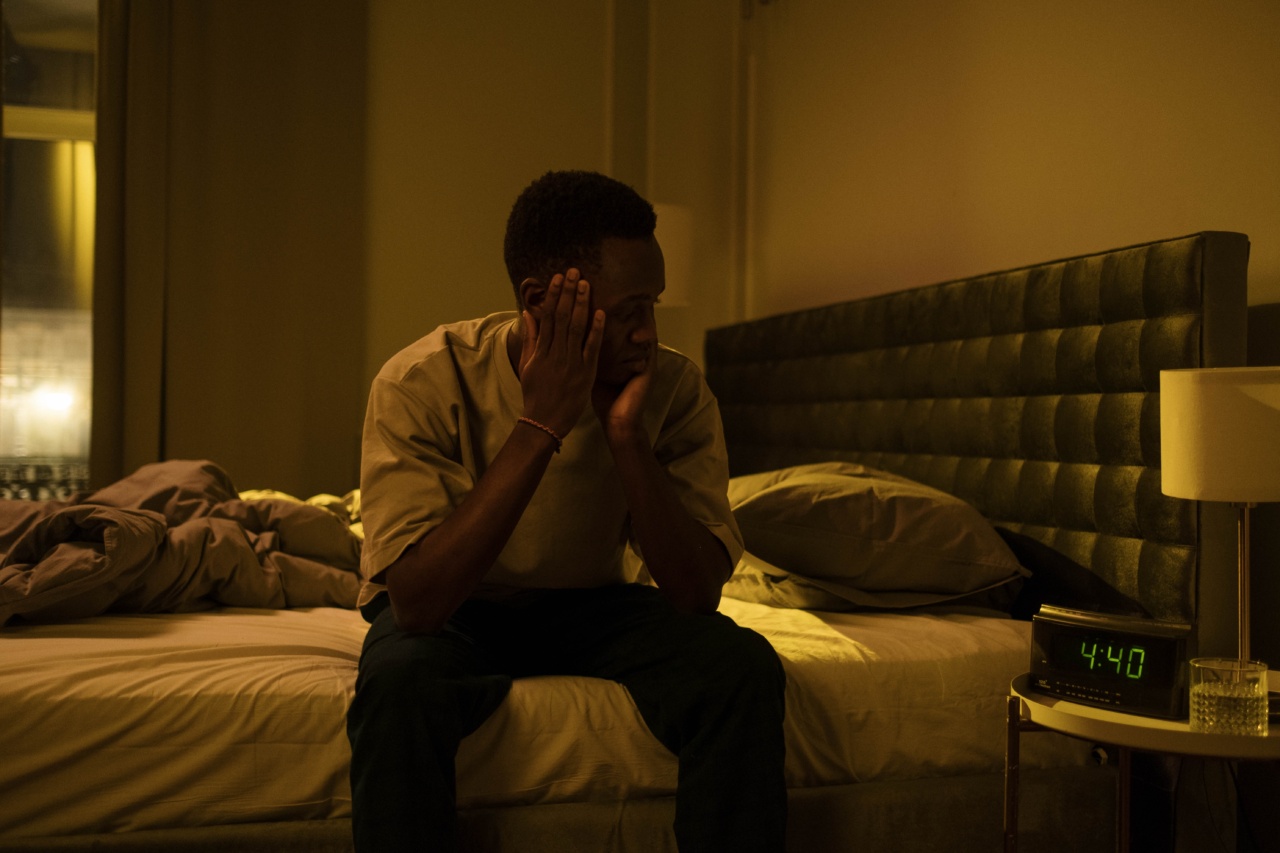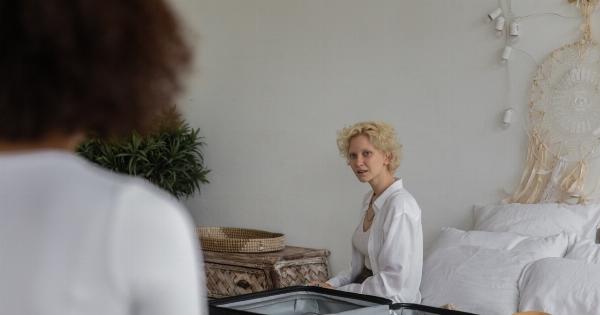Are you one of the millions who struggle to get a good night’s sleep? Despite sleeping on a comfortable bed, you spend hours tossing and turning, and the nearest dream seems lightyears away? Lack of sleep is a common problem that affects countless people worldwide. Contrary to popular belief, the cause behind poor sleep is more complex than just being stressed or uncomfortable.
1. Blue Light From Electronic Devices
Blue light from electronic devices, such as phones, tablets, and laptops, disrupts your body’s natural sleep-wake cycle. Studies show that exposure to blue light suppresses melatonin, a hormone that regulates sleep, and increases alertness.
This means that the more you are exposed to blue light before bedtime, the less melatonin you produce, leading to difficulty falling asleep.
The solution here is to minimize your exposure to blue light before bed. One way is to wear glasses that block blue light or install apps that filter blue light from your devices.
Another effective solution is to put away your electronic devices at least an hour before bed. You can instead read a book or take a warm bath to help you relax and prepare for sleep.
2. Too Much Caffeine
You may love sipping a cup of coffee in the morning or during the day to help keep you awake. However, too much caffeine can have adverse effects on your sleep. Caffeine stimulates your central nervous system, keeping you alert and awake.
It can stay in your system for up to nine hours, causing difficulty falling asleep and restless, wakeful nights. Moreover, some people are more sensitive to caffeine than others, making it difficult for them to tolerate even small amounts of it.
The solution here is to limit your caffeine intake throughout the day, especially if you have difficulty sleeping at night.
Avoid taking caffeine six hours before bed, and switch to decaf or herbal tea if you need drinking something warm in the evenings. Instead of reaching for caffeine, try taking a quick walk or doing some exercises to keep you alert and energized throughout the day.
3. Your Bedroom Is Too Warm or Cold
The temperature of your bedroom is crucial to ensuring a good night’s sleep. If your bedroom is too warm, you’ll likely have trouble falling asleep, and if it’s too cold, you’ll have difficulty staying asleep.
According to sleep experts, the ideal temperature for sleep is between 60 to 67 degrees Fahrenheit. Moreover, keeping your room at a comfortable temperature helps your body relax and prepare for sleep, ensuring you sleep deeper and longer.
The solution here is to adjust the thermostat in your bedroom to a comfortable temperature. You can also ensure you have a warm and comfortable blanket in your bed during the winter months or a fan to cool you during the summer.
Conclusion
Getting enough restful and restorative sleep at night is essential for your overall health and well-being. However, getting a good night’s sleep isn’t always easy, and many factors can explain your sleepless nights.
The surprising causes of sleeplessness span from the blue light emitted by your electronic devices, too much caffeine, the temperature of your bedroom, to more serious issues such as sleep disorders and medical conditions. Therefore, it’s always essential to identify the causes behind your sleeplessness and take the necessary steps to find effective remedies.






























